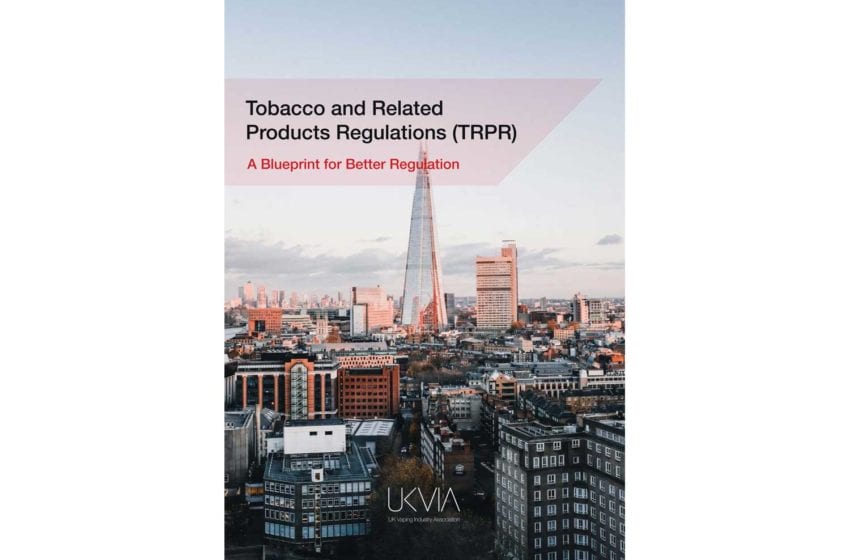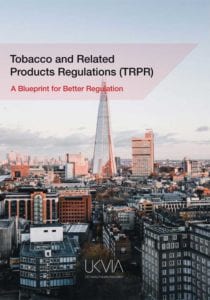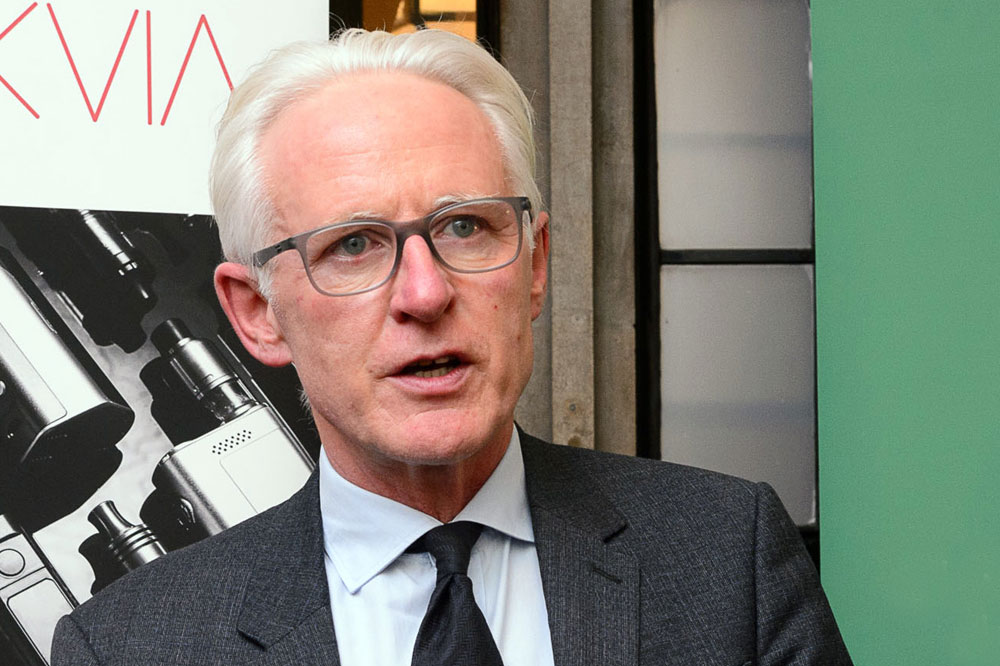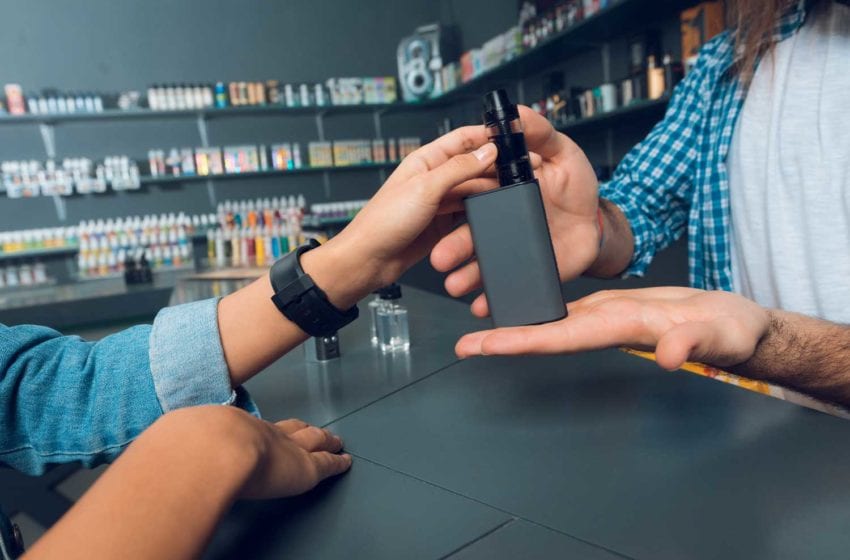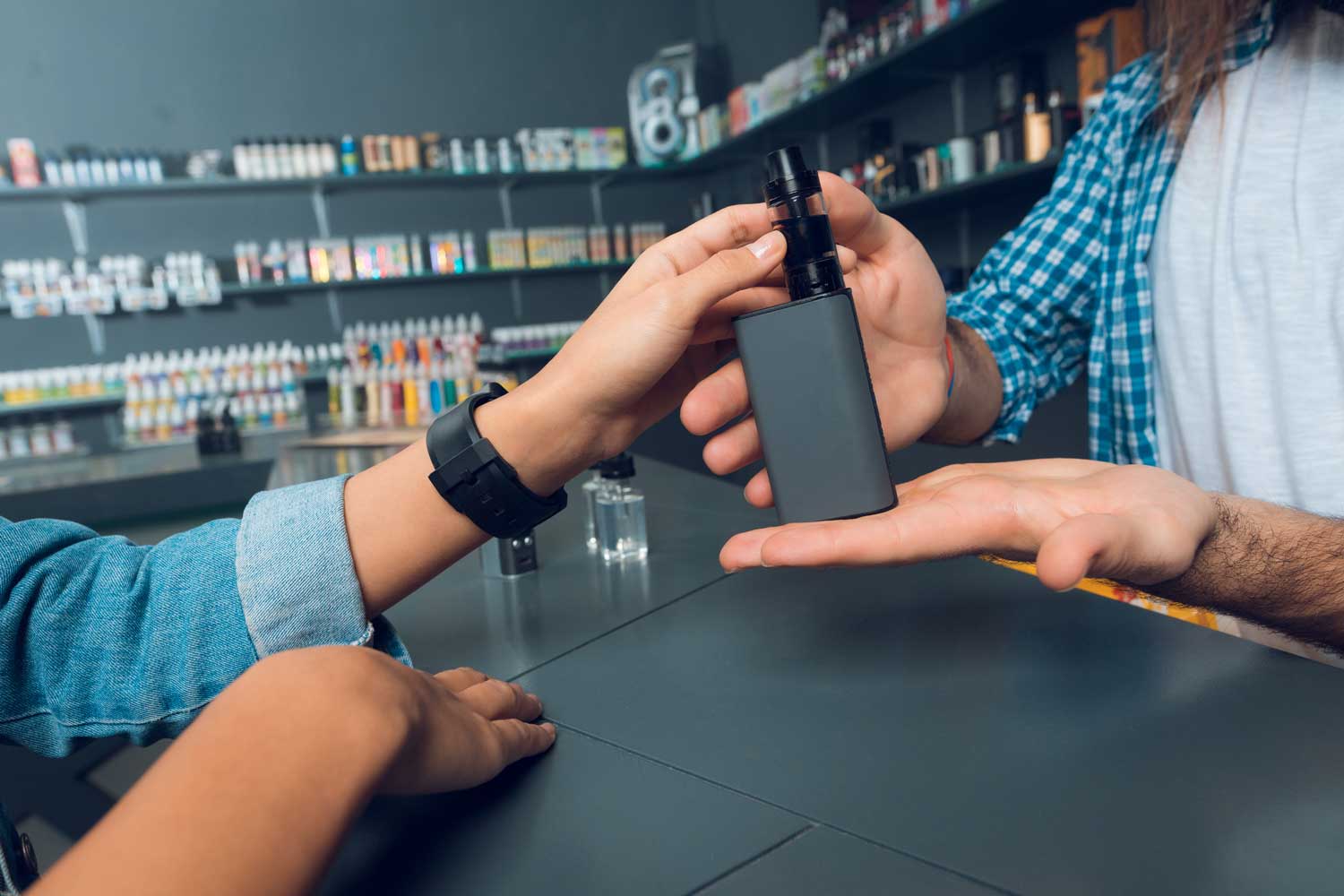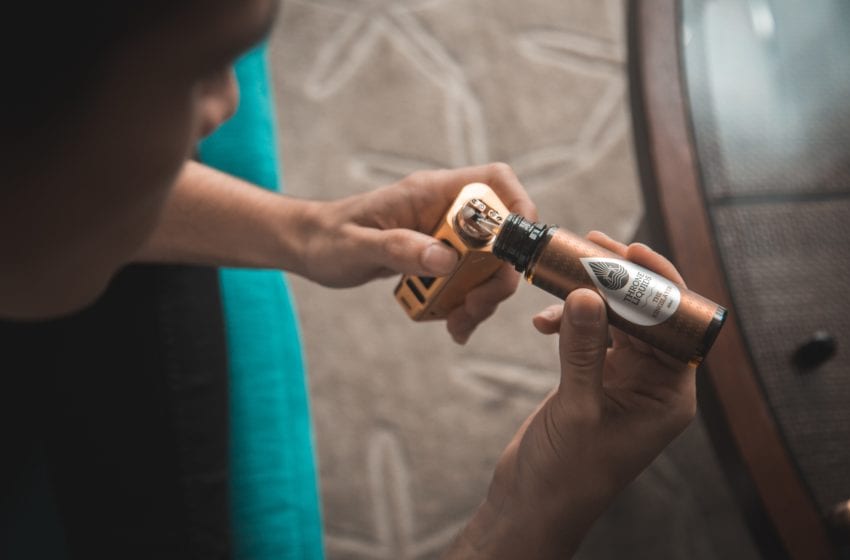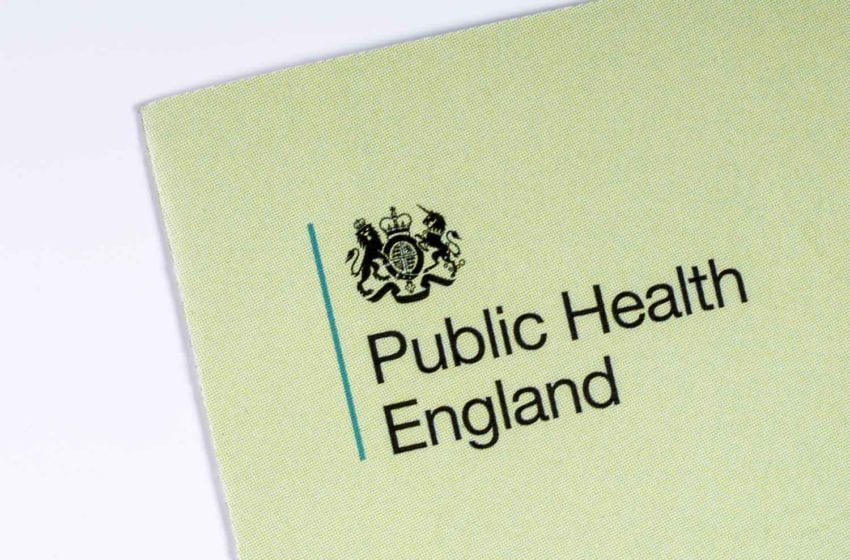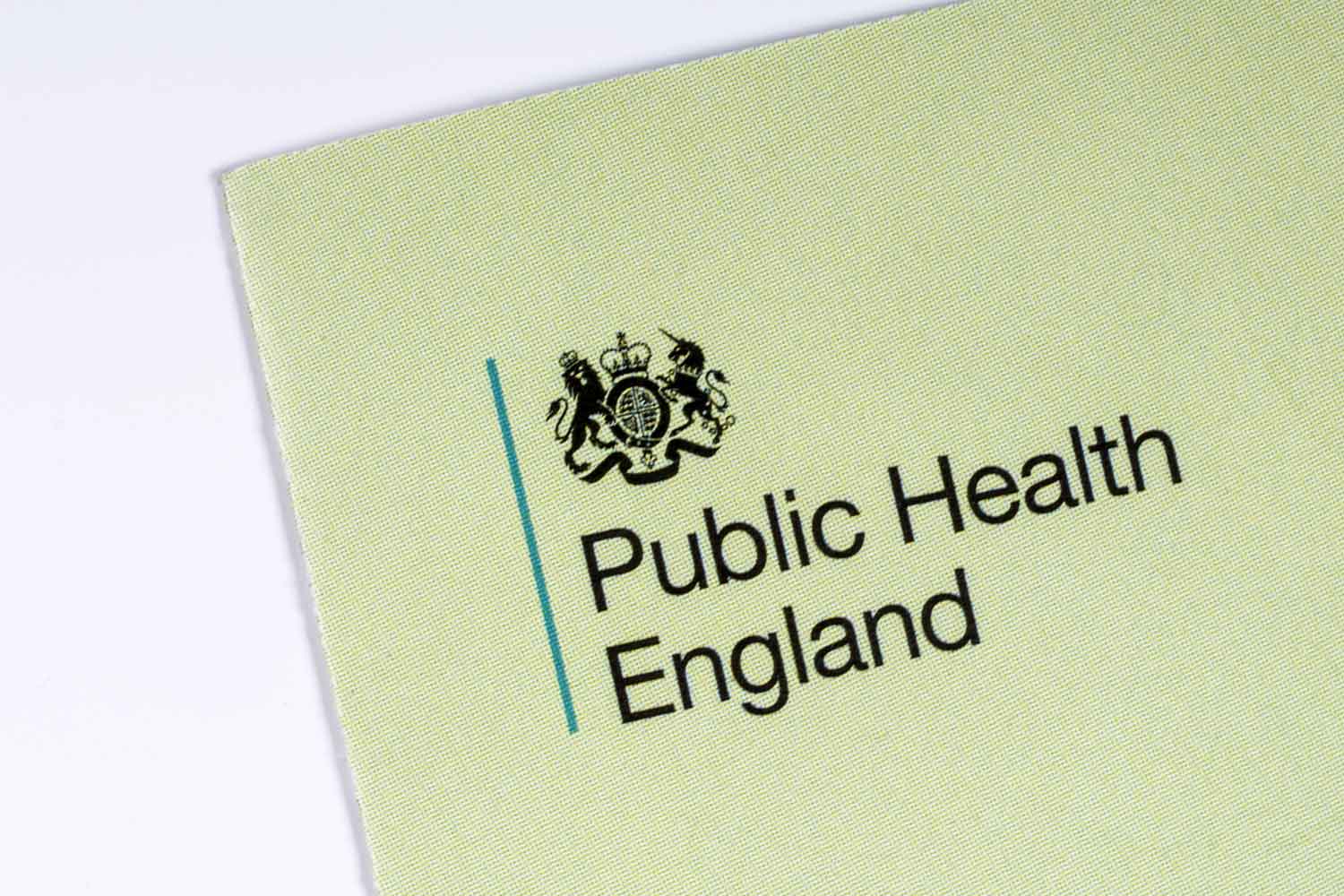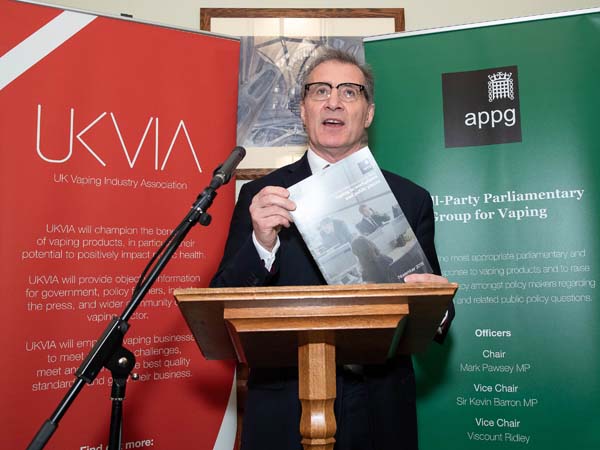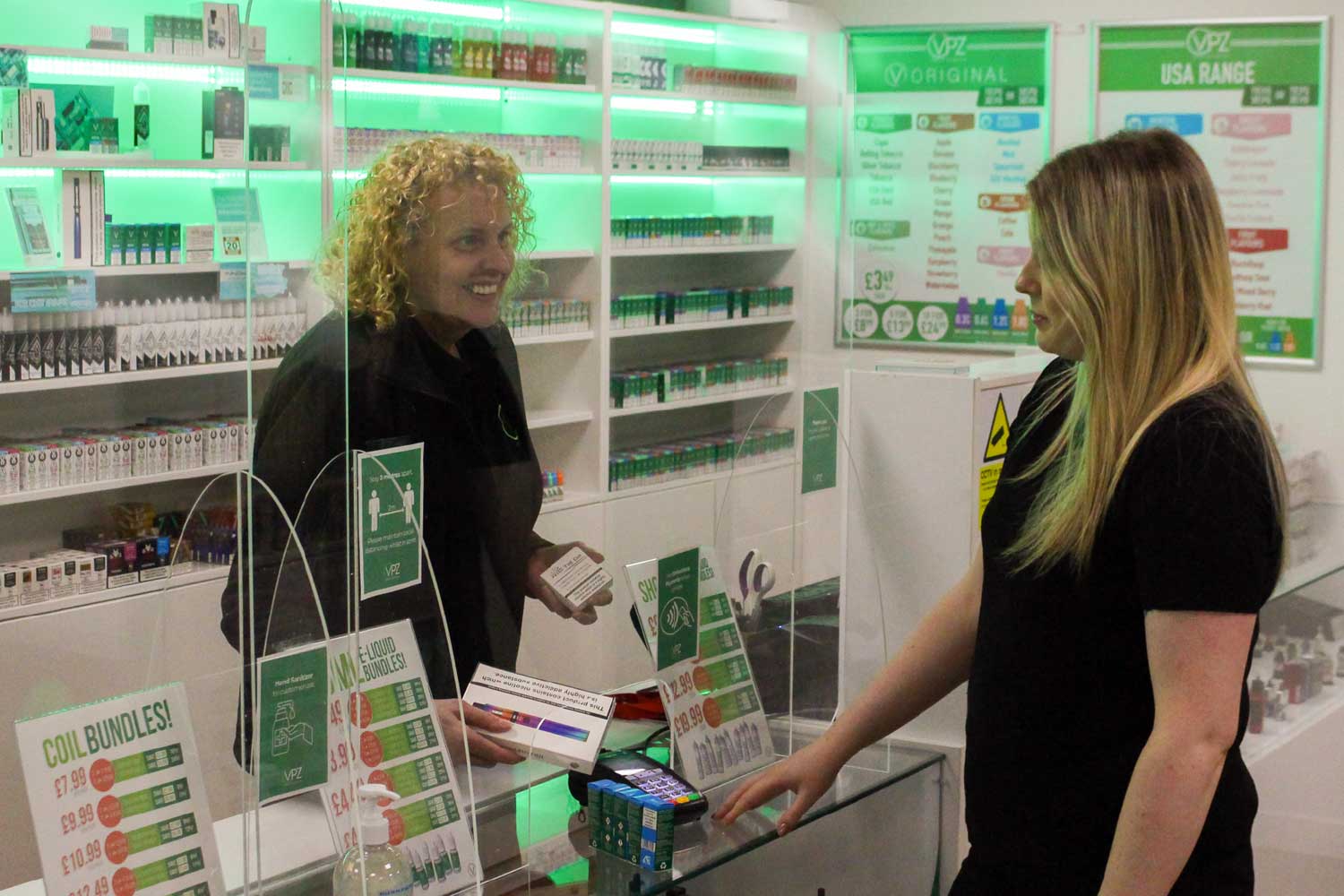Industry experts debated the challenges and opportunities facing the vapor business to mark the start of VApril 2021, the annual awareness campaign launched four years ago by the U.K. Vaping Industry Association (UKVIA) to help educate smokers on how to successfully quit conventional cigarettes by transitioning to vaping.
Participants in the debate included John Dunne, director general of the UKVIA; Mark Pawsey, MP and chair of the All-Party Parliamentary Group for Vaping; Patricia Kovacevic, global legal and regulatory strategist at Andina Gold Corp.; and Clive Bates, director of Counterfactual Consulting and former director of Action on Smoking and Health.
The discussion centered around the repercussions of the pandemic on the vaping industry and vapers; how the sector moves on from the events of the last 12 months; how regulatory review this year and COP9 can be a defining moment and accelerate the shift toward a vaping-driven smoke-free society; addressing the misperceptions of vaping, which are deterring adult smokers from making the switch to less harmful alternatives; and the opportunity for the VApril campaign to take the mantle and in the future make smoking in Britain a thing of the past.
The 2021 VApril month-long initiative will for the second year running be largely digitally based due to the Covid-19 lockdown restrictions. Vape businesses up and down the country, together with vaping trade associations around the world, are getting behind the special month.
Smokers can visit a special campaign VApril website, which provides a special guide, the Switch on to Vaping Plan, to help them make a successful switch to vape products and in doing so break their smoking habits. They can also have their questions answered by an online expert panel.


